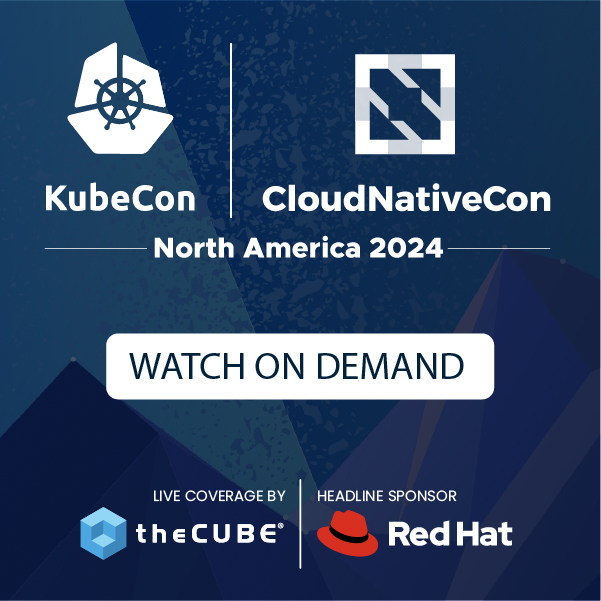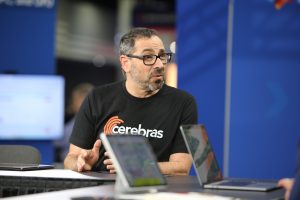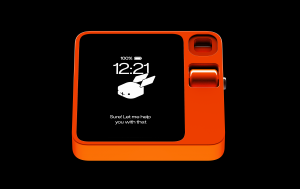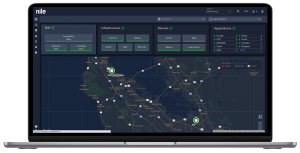Facebook and Other Social Networks May be the Cradle of AI
![]() Artificial Intelligence represents the pinnacle of information processing expectations in the collision between computer science and the human experience; the Frankenstein curiosity about creating thinking computers in order to solve problems that require social sense or human imagination. Social networks will probably be the best place to train such artificial intelligences and give them a place to evolve and grow—much in the same way that sending a young child to school gives them both an education and a social experience.
Artificial Intelligence represents the pinnacle of information processing expectations in the collision between computer science and the human experience; the Frankenstein curiosity about creating thinking computers in order to solve problems that require social sense or human imagination. Social networks will probably be the best place to train such artificial intelligences and give them a place to evolve and grow—much in the same way that sending a young child to school gives them both an education and a social experience.
Kit Eaton over at Fast Company writes that Russian web tycoon Yury Millner spoke to Russian newspaper Vedomosti about just this subject. He went on to say that we should expect a lot more of this in the future as social networks are an ideal training and proving ground for these sorts of products and over the next decade, Facebook is only the start.
So what did Millner say? Among other pronouncements, he remarked: "I think that in 10 years if you ask a question on a social network and you get an answer you will not know if a computer or a person has answered you." It’ll work the other way around too, Millner thinks: "When you receive a question, you will not know if it has been asked by a person or an artificial intelligence. And by answering you help the computer create an algorithm."
This is a pretty bold suggestion, but it’s backed up by some solid science. There’s already an app on Facebook called Ultra Hal (inspired by the computer in 2001) that is a web-interface to an artificially intelligent chat interface. Made by Zabaware, it won the 17th annual Loebner Prize for AI–based on the Turing Test for how realistically convincing an AI is. Hal lets Facebookers chat to it, and it actively learns to improve its intelligence during the discussions. Zabaware sells a commercial version that’s smart enough to be "used as a companion or entertainment product" and "can discuss any topic" or "be used as a personal or office assistant." Back in November, Spanish scientists crafted a program which can recognize emotions in a human voice–vital for well realized AI in the future, and influential futurist Ray Kurzweil has a big money bet that a computer will ace the Turing Test by 2029.
Social networks aren’t the only ones looking to benefit from AI systems. We at SiliconANGLE have some projects close to home in this field of study as well.
"I can see this as a viable future scenario, in the not-so-distant future,” says Mark Hopkins, our high overlord of content, “In our SiliconANGLE Media Labs projects, one of our projects entails creating machine intelligence around social relevance, and what’s surprising is what a low hanging fruit it is for us to code, given the toolset developed by Cloudera and various semantic web adherents. We’re not at the point where our social relevance software will be instigating conversations with users (nor do we expect to be soon), but if we were so inclined, we could easily apply it to that end, I believe."
Where socialized AI is probably going in the near future is probably going to be the rise of socially capable expert systems—not just simple information mining, but systems capable of polling and gathering information from people and about people. In the parlance of science fiction and cyberpunk these types of expert systems would be thought of as personal agents: a little secretary AI that every person has that does research for them in the background.
You could wake up in the morning, tap away at your tablet while drinking your morning hot cocoa and your agent would have been scouring the web all night filtering through news, new blog posts, and other random information revealed by the Internet’s drag nets like Google. People don’t deal well with rigid query structures and our moods flux and wane throughout our lives; modern media outlets scattershot in an attempt to find things relevant to our daily lives, but it only means that a small amount of news in a newspaper is actually something we care about.
Aggregation services, RSS, the ability to filter the web and have it delivered helped some, but it doesn’t anticipate and it may miss out on vast swaths of content just because we couldn’t think of the proper keyword to find what we want or the person posting it didn’t think to add that keyword in the first place. Personal expert AI agents would resolve this readily by learning to anticipate and understand what our social and media interests and needs are and thus the technological push will be towards smarter filtering.
Storage and access are no longer much of a problem. We have the cloud, memory is extremely cheap, hard drive and storage is extremely abundant, and bandwidth is slowly becoming far less of a problem. The old adage trotted out in search engine commercials is all about “information overload” and AI will be the solution to that.
Perhaps the next Google will be a service that closely mimics this sort of personalized information experience.
A message from John Furrier, co-founder of SiliconANGLE:
Your vote of support is important to us and it helps us keep the content FREE.
One click below supports our mission to provide free, deep, and relevant content.
Join our community on YouTube
Join the community that includes more than 15,000 #CubeAlumni experts, including Amazon.com CEO Andy Jassy, Dell Technologies founder and CEO Michael Dell, Intel CEO Pat Gelsinger, and many more luminaries and experts.
THANK YOU













